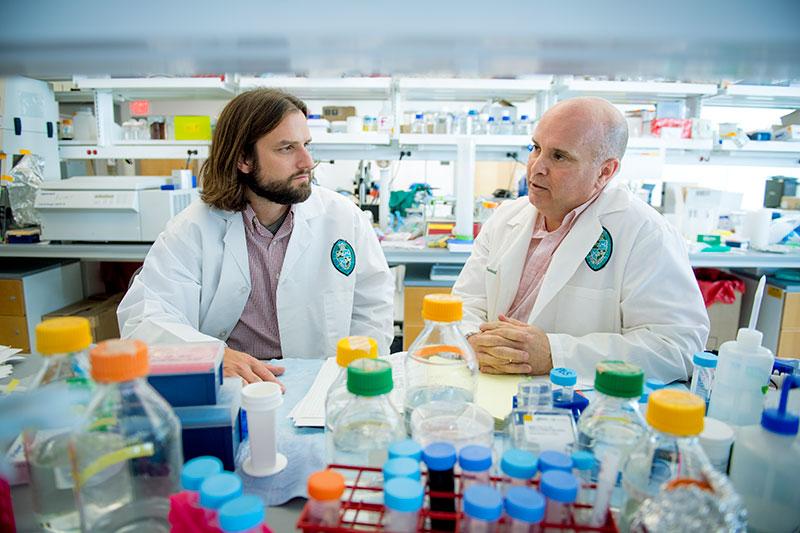Tulane receives $1.1 million to study how age affects blood vessels
Tulane University researchers have been awarded a $1.1 million grant from the National Institutes of Health to study the effects of aging on the growth of new blood vessels in the human body.
It is hoped that learning more about how age affects the growth of new blood vessels, also known as angiogenesis, will help guide the future treatment of diseases.
In many age-related diseases -- such as cancer, eye diseases and rheumatoid arthritis -- blocking the growth of new blood vessels would be beneficial. In others -- such as heart disease, stroke and hypertension -- promoting the growth of blood vessels would be desirable.
"The problem in treating many diseases is that we really do not understand why aged blood vessels do not grow as well."
Walter Lee Murfee, associate professor of biomedical engineering
Walter Lee Murfee, an associate professor of biomedical engineering, and Bruce Bunnell, director of the Tulane Center for Stem Cell Research and Regenerative Medicine and professor of pharmacology, will conduct the study over the next four years. Murfee and Bunnell are also members of the Tulane Center for Aging, which was instrumental in providing the initial resources for the start of the work. Murfee has received funding for the past five years from Tulane’s Center of Biomedical Research Excellence in Aging and Regenerative Medicine (National Institutes of Health grant number P20GM103629).
Murfee says a major issue with aging is that the growth of new blood vessels is impaired. Most treatments for age-related diseases however, are developed using young adult animal models. This approach is problematic and does not account for the inherent changes to blood vessels growth resulting from age, Murfee says.
Murfee and Bunnell hope to identify novel molecular and cellular causes of the impaired angiogenesis, while developing a new way of evaluating angiogenic therapies in aged tissues.
Compared to existing approaches, the model offers a real-time view of whole microvascular networks.
“The problem in treating many diseases is that we really do not understand why aged blood vessels do not grow as well,” Murfee said.
Bunnell agreed. “The studies are significant because they will permit us to investigate the impact of biologic aging as a factor on both stem cells and the environment of the tissues in a system that matches the function inside the body, which is challenging to accomplish.”

